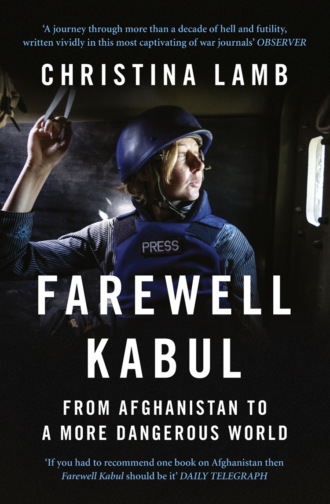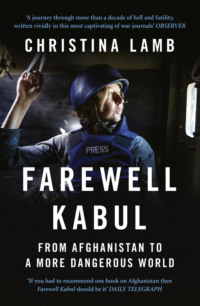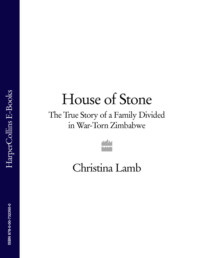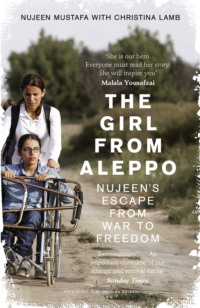
Полная версия
Farewell Kabul: From Afghanistan To A More Dangerous World
A Pashtun might be heading the new administration but it was clear who was dominating it. In prominent places were the Panjshiri trio – Marshal Fahim, the new Defence Minister, who still had his own army on the Shomali plains just outside Kabul; Yunus Qanuni, who was to be Interior Minister; and Abdullah Abdullah, the Foreign Minister.
Overlooking proceedings was a huge portrait of the late Northern Alliance commander Ahmat Shah Massoud in his trademark pakoul. Massoud was rapidly becoming the Che Guevara of Afghanistan. His photograph was everywhere, hindering visibility on the windscreens of the ubiquitous Toyota jeeps, decorating traffic islands and shops. One of the seats in the front row was left empty in deference to him, with his picture on the back and a bunch of plastic flowers on it.
Just as when the British were impressed by Shah Shuja’s appearance, Karzai was winning plaudits for his lambswool hat and green-and-blue-striped chapan. The fashion designer Tom Ford even called him ‘the chicest man on the planet’.
What they thought was his dress sense wasn’t the only reason for satisfaction among Western diplomats. They believed they had found the perfect President – a charming man who spoke immaculate English, loved English poetry and was from the majority Pashtun tribe yet was also a nationalist. And in some ways the fact that no one knew him seemed a good thing, as he was not compromised by his role in the jihad, unlike the warlords who most Afghans blamed for getting the country into such a mess.
After being sworn into office he spoke in his native Pashtu, then read a poem in Dari, one of the seven languages he speaks. He embraced Rabbani and called on Afghans to ‘forget the painful past’. He was just two days away from his forty-fourth birthday, and made reference to his lack of experience. ‘Oh God I am a novice so please help me.’
There was already one black cloud. A group of elaborately turbaned elders from Gardez who had come for the ceremony told us that a convoy from Khost they were supposed to be coming with had been bombed by the Americans, and as many as sixty-five elders killed.
When we journalists clustered round General Franks after the ceremony, he defended the bombing. ‘Friendly forces don’t fire surface-to-air missiles at you,’ he said. ‘We believe it was a bad convoy. We have reason to believe it was a good target.’
No surface-to-air missile had been fired. It would be the first of many such mistakes.
We should have realised then that instead of the end this was just the start. While Karzai was being sworn in as new leader of Afghanistan, a British man called Richard Reid was boarding American Airlines Flight 63 from Paris to Miami. The heels of his shoes had been hollowed out and packed with explosives.
It was the Saturday before Christmas, and the plane was packed with 185 passengers. Over the Atlantic, two hours out of Paris, some of them complained of smelling smoke. Hermis Moutardier, one of the French air hostesses, spotted Reid trying to light a match, and warned him that smoking was forbidden on the plane. He promised to stop, but a few minutes later she smelled more smoke.
To her horror she found Reid hunched in his window seat holding a lit match to one of his shoes. As she went to grab him, he pushed her away so hard she fell. ‘Get him!’ Moutardier screamed. Her colleague Cristina Jones rushed to the scene and threw herself at Reid, who was six feet four and snarling like an animal. He bit her hand and she screamed. Reid was not easy to control, but a small army of flight attendants and male passengers managed to hold him down, doused him with bottled water and tied him up with seatbelts, plastic handcuffs and headphone cables. A doctor on board sedated him. His shoes were then carried into the cockpit for inspection by the pilots, and only then were the fuses spotted.
The ordeal wasn’t over. The crew had no idea if he had any accomplices onboard, so the remaining passengers were kept in their seats for the final nerve-racking two hours and fifty minutes until they could land at the nearest airport, which was Boston. Afterwards they found numerous spent matches. No one knew why they hadn’t caught light. If they had, the shoes had more than enough explosives to blow up the plane.
Less than a week later, on 28 December, General Franks went to visit President Bush on his ranch in Crawford, Texas. Bush told reporters afterwards that they had discussed Afghanistan. In fact it was the first detailed briefing to discuss plans for a war in Iraq.
Конец ознакомительного фрагмента.
Текст предоставлен ООО «ЛитРес».
Прочитайте эту книгу целиком, купив полную легальную версию на ЛитРес.
Безопасно оплатить книгу можно банковской картой Visa, MasterCard, Maestro, со счета мобильного телефона, с платежного терминала, в салоне МТС или Связной, через PayPal, WebMoney, Яндекс.Деньги, QIWI Кошелек, бонусными картами или другим удобным Вам способом.






